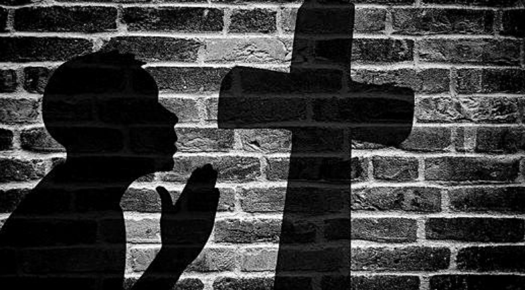
In the latest Social Attitudes Survey from 2016 people were asked whether they "regard themself as belonging to any particular religion." Almost six in ten (58%) said they didn't belong to a religion while just over four in ten (41%) said they did. New results are even more interesting and optimistic. Commissioned by the Humanist Society Scotland (HSS), a new Survation poll of more than 1,000 Scottish adults found that 72.4% of them were not religious, while just under a quarter (23.6%) said they were religious.
The Survation poll of 1,016 Scottish adults was carried out between September 8 and 12 this year for HSS. The Survation one asked simply, “Are you religious?” It was more of a yes or no question, so a lot of those “culturally” Christian people may have said ‘no’ this time around. Maybe the different formulation of the question made a gap between 'official statistics' and the reality of religion's place in Scotland.
Gordon MacRae, chief executive of the Humanist Society Scotland, said: "We know that many people identify with a particular religious community, usually due to family ties, but are not themselves practicing that religion. These latest findings would suggest there could be as much as a 15% difference between 'official statistics' and the reality of religion's place in the Scottish public daily lives.”
Earlier this year a survey of Scottish Christians found that the number of people who regularly attend church services had fallen by half over 30 years. A census of Scottish Christians showed a dramatic drop in church attendance and found that there are around 390,000 regular churchgoers north of the border, down from 854,000 in 1984. Lead researcher Dr Peter Brierley said the figures indicated a crisis in Christianity across Scotland.
On the other side, the census revealed a growth in new churches; 12,000 people regularly attend around 300 new churches started since 2002. Researchers said many immigrant churches and so-called "Messy Churches", which are more informal gatherings, account for much of the new growth.
"This raises major questions about key policy decisions made by government regarding special rights given to religious bodies under law… We need a new consensus in Scottish politics that respects and protects individuals' right to freedom of religion and belief and separating this from policy making. Scotland's democracy needs to get to a place where we stop blurring the lines of church and state," Gordon MacRae concluded.
Photo Credits: Philosophy Goes To Church
